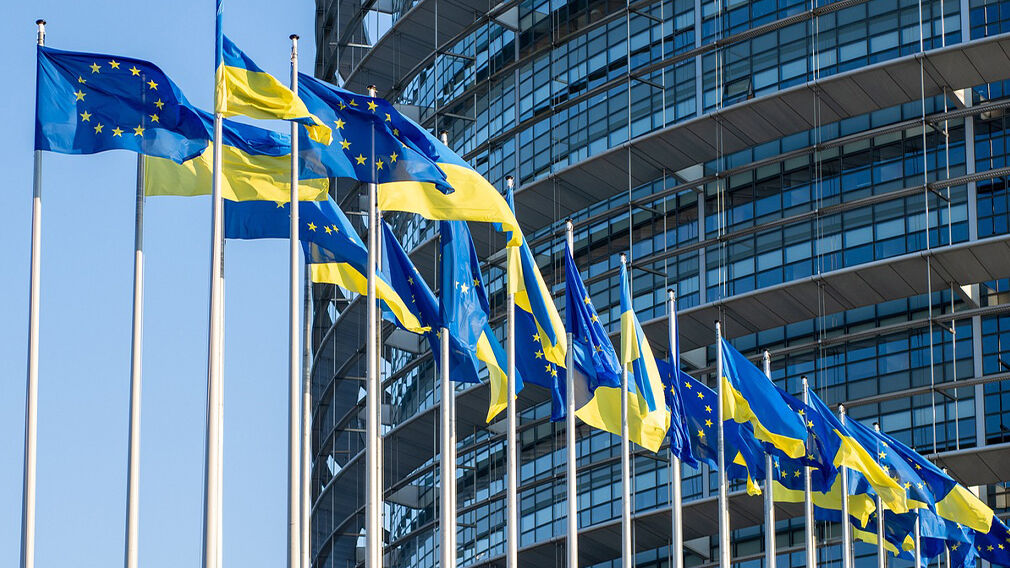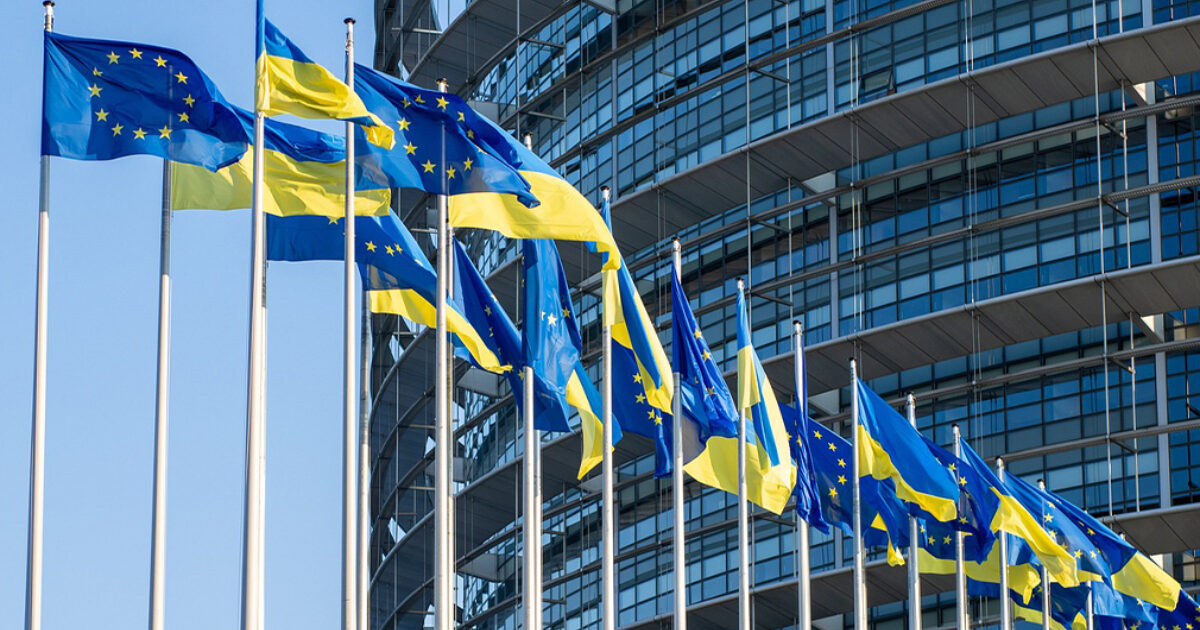
Pixabay
The European Union (EU) is not planning to extend the preferential trade agreement framework with Ukraine in its current form past its 5 June expiration date and is considering replacing it with a new set of rules, according to a Kyiv Independent article citing a report by Polish news portal RMF24.
Although the European Commission (EC) was allegedly not planning to reinstate pre-war trade rules, it was considering alternatives within the 2016 Deep and Comprehensive Free Trade Area (DCFTA) framework, including quotas for agricultural products and additional safeguards, the report earlier this year said.
The EU had lifted customs duties on Ukrainian agricultural products in 2022 to boost the country’s economy following Russia’s invasion, leading to large-scale protests by European farmers, specifically in Poland, who claimed the influx of cheaper Ukrainian products was impacting trade, the Kyiv Independent wrote.
The newly proposed framework would establish specific export and import volumes, potentially aiding Ukraine’s integration into the EU single market while addressing concerns from member states about agricultural imports, the report said.
In place of extending the current scheme, European Agriculture Commissioner Christophe Hansen had reportedly noted widespread support among agriculture ministers for transitioning to a “more stable DCFTA agreement”.
Preliminary technical negotiations between the EU and Ukraine have reportedly begun, with formal discussions expected to follow, according to the report.
The EU’s current free-trade scheme has already been updated with an automatic safeguard mechanism for sensitive sectors, such as eggs, poultry, sugar, oats, maize, hulled grains and honey, according to the report.
Against this backdrop, Poland had introduced import bans on specific Ukrainian products, such as grain, citing negative impacts on Polish agriculture, the report said.
